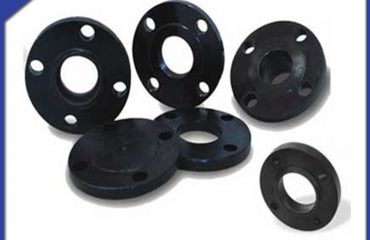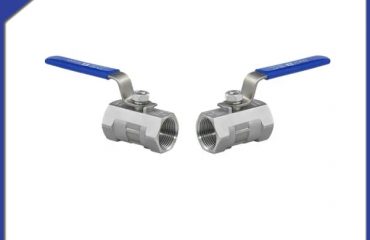
Alloy steel flanges are a vital component in various industries, including oil and gas, chemical, and petrochemical industries. They are known for their great strength, durability, and resistance to corrosion, making them ideal for use in various demanding environments.
So, what makes alloy steel flanges so strong? Well, the answer lies in their composition and properties. Alloy steel flanges are made by combining different metals to create a material with specific properties that are ideal for particular applications. These metals are combined in different proportions, depending on the desired properties of the alloy steel flanges.
Here are some of the properties that make alloy steel flanges so strong:
- Strength:
One of the critical properties that make alloy steel flanges so strong is their high strength. The addition of alloying elements such as chromium, molybdenum, and nickel enhances the strength of the steel. These elements create chemical bonds that increase the strength of the steel, making it more resistant to deformation or fracture.
- Durability:
Alloy steel flanges are also known for their durability. They are designed to withstand high pressure, extreme temperatures, and harsh chemical environments. The alloying elements in the steel make it more resistant to wear and tear, ensuring that the flanges can withstand the test of time.
- Corrosion Resistance:
Alloy steel is also known for its corrosion resistance. The addition of specific alloying elements such as chromium, nickel, and molybdenum increases the resistance of the steel to corrosion. This property is vital, especially in applications where the flanges come into contact with corrosive chemicals or moisture.
- Weldability:
Alloy steel flanges are also easy to weld. The alloying elements help to prevent cracks or distortion that may occur during the welding process. This property ensures that the flanges can be easily joined without compromising their strength or performance.
- Machinability:
Alloy steel flanges are also known for their machinability. They are easy to machine, making them ideal for applications that require a high degree of precision. Alloy steel can also be heat-treated to enhance its machinability and to achieve specific properties such as hardness and toughness.
- Cost-effectiveness:
Although alloy steel flanges may be more expensive than standard carbon steel flanges, they offer exceptional value for money. Alloy steel flanges are designed to last longer, require less maintenance, and offer better performance. This property makes them cost-effective in the long run.
 Language
Language Espanol
Espanol English
English Italian
Italian عربى
عربى
 Skype: chinamaker99
Skype: chinamaker99  Tel: 86-316-5120812
Tel: 86-316-5120812 Email:
Email:  Whatsapp:
Whatsapp: 
